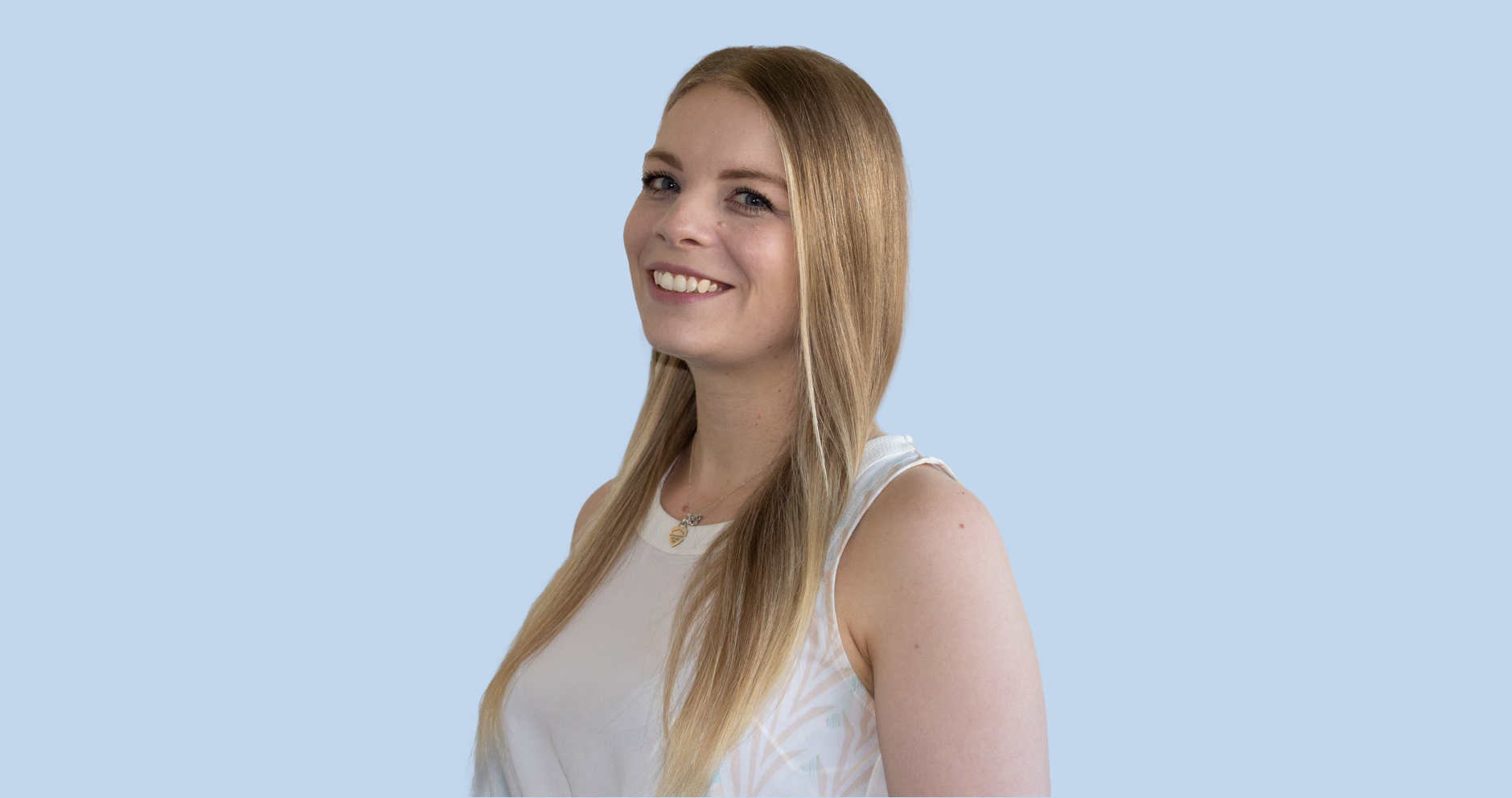Born in Melrose, Scotland • Birth year 1993 • Studied Mathematics at University of Dundee, Scotland • Highest Degree Ph.D. in Applied Mathematics • Lives in Redwood City, California • Occupation Scientist II, Altos Labs
I wasn’t very sure what I wanted to study at university when I was in high school, I just knew for sure that I wasn’t finished with education. I really loved mathematics and biology, so it turned into a battle of the sciences. I went to one university visit (the one I happened to attend!) and toured both departments. The head of the math department started his presentation with “…mathematics graduates earn on average 10% more than any other graduate”. This one statement sealed it for me, and I decided to pursue a degree in Applied Mathematics. My reasons for pursuing mathematics came from quite a shallow and impulsive place, but I’ve grown to learn that that’s okay and you can’t always choose what motivates you. Assuming studying mathematics meant I would be working with numbers for the rest of my life, I imagined myself being an accountant or an actuary and I decided to take courses in business and accountancy in my first few years at university. Whilst this was okay, it didn’t enthrall me the way I had hoped. Fortunately, towards the final year of my bachelor’s degree, I joined a team of scientists in developing genetically engineered detection strategies for cystic fibrosis patients (very different from the classes in accountancy I had previously envisioned being my future). I was excited by the ways I could contribute as a mathematician, and it brought me back to my love of biology. Soon after, in my final year of undergrad, I chose my honors project in glioblastoma modeling. I learned so much about tumor growth and treatment strategies, and I knew this was only the beginning of my journey in mathematical biology. So, when the opportunity arose to pursue a Ph.D. in cancer research, I pushed hard for funding, and one month after graduating, I started reading papers for my Ph.D. in multiscale modeling of cancer progression. I developed mathematical models to describe how tumor cells interact with their microenvironment and explored the mechanisms used to invade the surrounding tissue. Throughout my Ph.D. I attended lots of conferences which gave me plenty of opportunity to present my work and I made lots of great connections. Networking with other scientists was one of the best parts of my graduate studies and I still maintain many of these relationships today.
I was excited by the ways I could contribute as a mathematician, and it brought me back to my love of biology.
I found my Ph.D., for the most part, very enjoyable. I loved the challenges that came with researching a new area and the undeniable feeling of success when you got some exciting new results, or you finally managed to debug your code! Alongside this elation, I did find some of my time difficult, but I must admit that those grievances have been mostly forgotten and feel like a distant memory. It was so important to me to have a strong support system, and I cherished my evenings and weekends with family and friends. Taking time for myself and detaching from the research helped keep me sane and motivated throughout my studies.
After three and a half years in my Ph.D., I was ready to move onto the next stage of my career. I set my sights on finding a Postdoc position, with only two stipulations; it had to be in the field of mathematical biology, and it had to be outside of the UK (another example of my unconventional motivation). With this in mind, I found a position at the University of Saskatchewan in the field of Cryobiology. I loved learning new math modeling techniques to apply to cryopreservation processes and I found that I was able to use a lot of my previous knowledge in this field. Although this switch in fields presented me with the challenge of effectively starting over and requiring a ton of reading (and auditing undergrad biology classes!), it was extremely fulfilling to use math models to predict the optimal experimental conditions for successful cryopreservation.
Fast forward three years, and I found myself in a familiar position: loving what I currently do, but ready to explore a new field and further develop my knowledge and skills. I had always envisioned myself in academia, however, through a chance encounter on social media, I came into a position within industry in the field of cellular rejuvenation. I now build mathematical models of cellular reprogramming and rejuvenation processes to help us understand what makes us, and our cells, “healthy”.
I had always envisioned myself in academia, however, through a chance encounter on social media, I came into a position within industry in the field of cellular rejuvenation.
I’ve consistently changed fields throughout my career, and I have learned something different from each of them that I carry with me to the next. The opportunities I have had are some of the most worthwhile and rewarding roles and ones I have immensely enjoyed. Whether I am investigating how tumors grow, finding the optimal way to freeze and store an organ, or helping us age gracefully, I would not wish to be anywhere else but at this forefront of scientific discovery and advancement.


Recent Comments